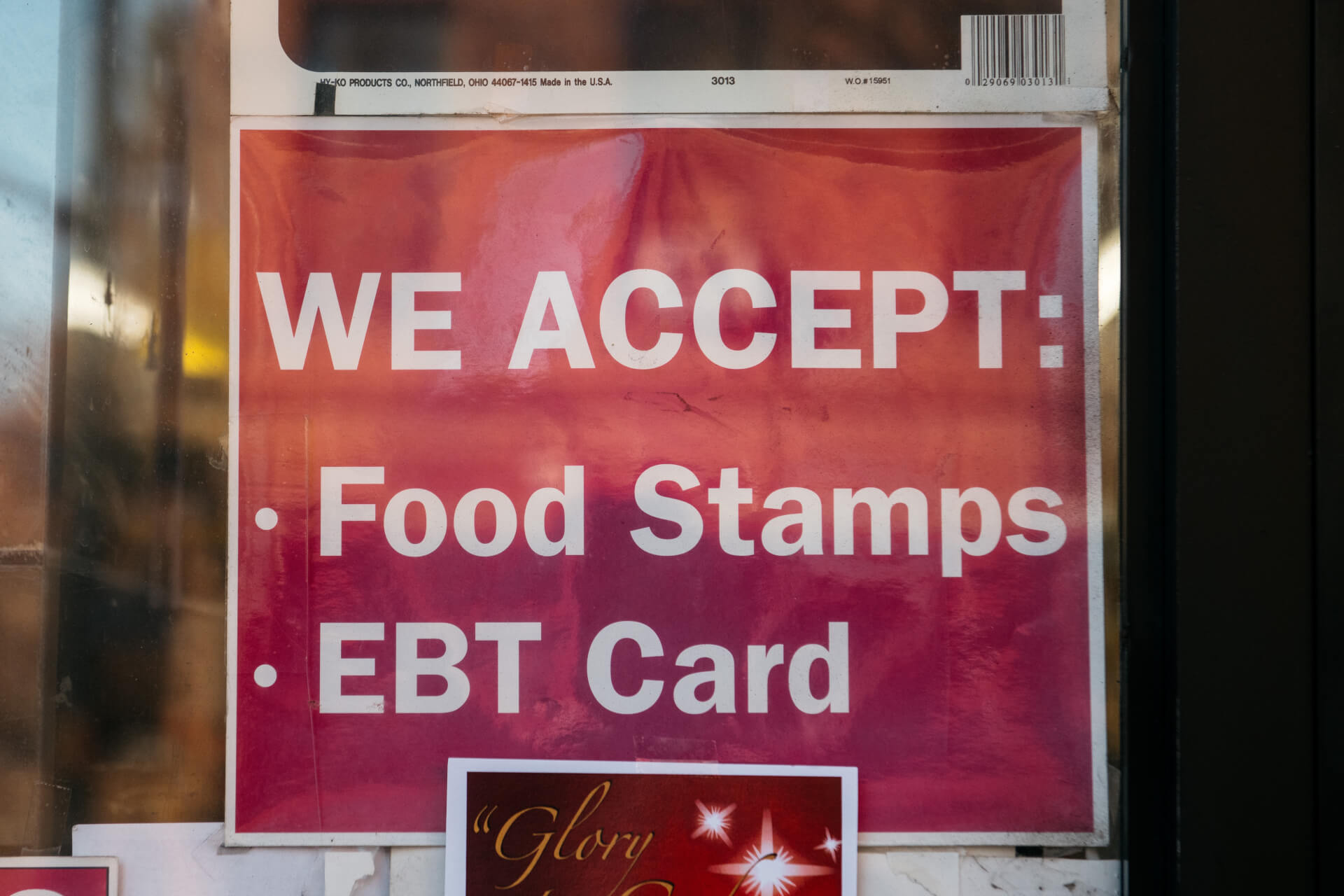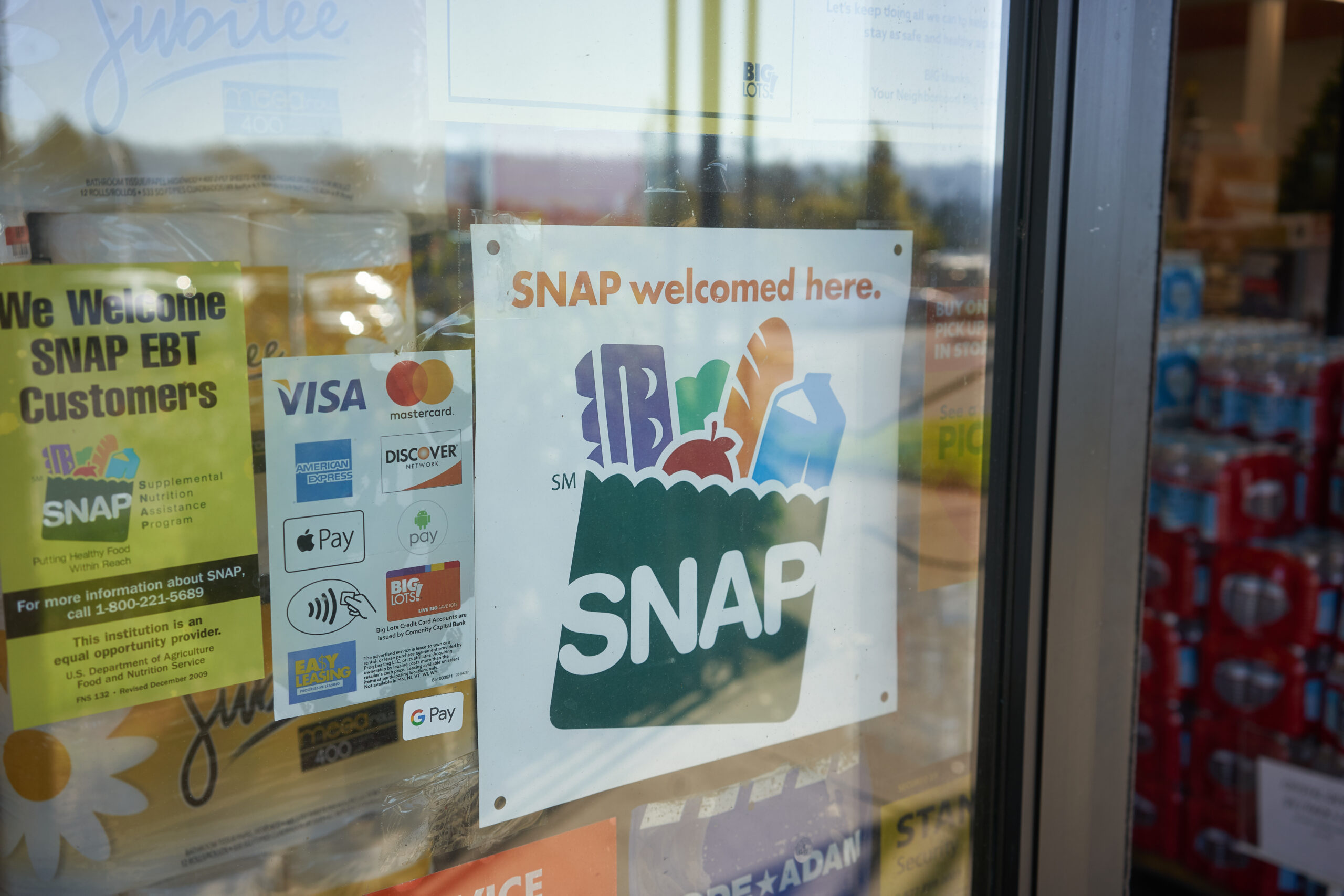
Some Maryland school districts could do more to avoid shaming children whose families struggle to pay for school lunches, according to a report from Maryland Hunger Solutions.
Last school year, Maryland schools served about 240,000 breakfasts and 405,000 lunches to students a day – but not all districts have written policies to prevent school meal debt while protecting children from humiliation and embarrassment, according to the report.
While 13 states across the country have statewide meal charge policies that address meal shaming, Maryland is not one of them. And county school district policies in the state vary significantly in content and level of protection against meal shaming, according to the report.
Michael J. Wilson, director of Maryland Hunger Solutions in Baltimore, said he heard from one mother in the state who was shocked when she learned that her daughter had been receiving cold cheese sandwiches for lunch after falling into debt. The mother ― whose family qualifies for the state’s food stamp program and for free school meals ― wasn’t told about the change and only found out after her young daughter left classes in the afternoon hungry and with digestive issues, Wilson said.
“We need to avoid these worst-case scenarios,” Wilson said.
Fourteen districts in Maryland serve alternative meals after a charging limit has been reached ― though some districts ensure the replacement meal also meets USDA nutrition standards.
The report doesn’t list specific counties that don’t meet Maryland Hunger Solutions’ list of best practices, but Wilson hopes it will spur a conversation among lawmakers about creating statewide anti-shaming policies.
“No student should learn what hunger feels like at school, and no student should be embarrassed or penalized,” he said. “By implementing effective and fair policies around school meal debt, school districts in Maryland can ensure that the cafeteria is a positive and supportive environment for all students.”
At three districts in the state, students with school meal debt aren’t allowed to take part in extracurricular activities or aren’t able to access their report cards and other student records. Two county school districts use debt collection agencies to recover unpaid meal debt.

The report analyzed policies in 21 of Maryland’s 24 local school districts. Three districts in Maryland ― Dorchester County, Somerset County and the city of Baltimore ― are part of a federal program that provides free lunches to all students.
Last school year, the debt that school districts incurred for providing meals that students could not afford ranged from $3,000 to almost $100,000.
Wilson said he understands the concerns from school districts about financial impacts, but some easy policy changes could avoid shaming without increased costs.
Some of the best practices recommended in the report include an increased focus on making sure all eligible students are certified for free or reduced-price meals; preventing the accumulation of debt by providing meals at no cost to all students when possible or waiving the copay for students in the reduced-price category; and establishing a system to quickly respond to school meal debt as it occurs.
School districts also could improve notifications about free and reduced-price meal programs.
In 2017, the USDA required all school districts to establish a clearly communicated meal charge policy, including a mandate to distribute the policy in writing to all households at the beginning of every school year and to new students. While the majority of district policies are publicly available, many were challenging to locate, and several districts posted different versions of their policies in multiple locations, causing confusion.
Only 11 of the 21 school districts analyzed were in compliance with the federal requirement to communicate the policy once a year.
Three district policies in Maryland include assurances that students without money to pay for their meals will be treated with dignity and compassion, a best practice the report said should be replicated.
The state has undertaken some changes to the school lunch program in recent years.
The Maryland Cares for Kids Act of 2018 will begin phasing out the co-pay that students receiving reduced-price meals must pay. The state will be responsible for covering 10 cents for every reduced-price meal served this year, increasing by 10 cents each year until the reduced-price copay for lunches is eliminated for the 2022-2023 school year.




 Creative Commons Attribution
Creative Commons Attribution